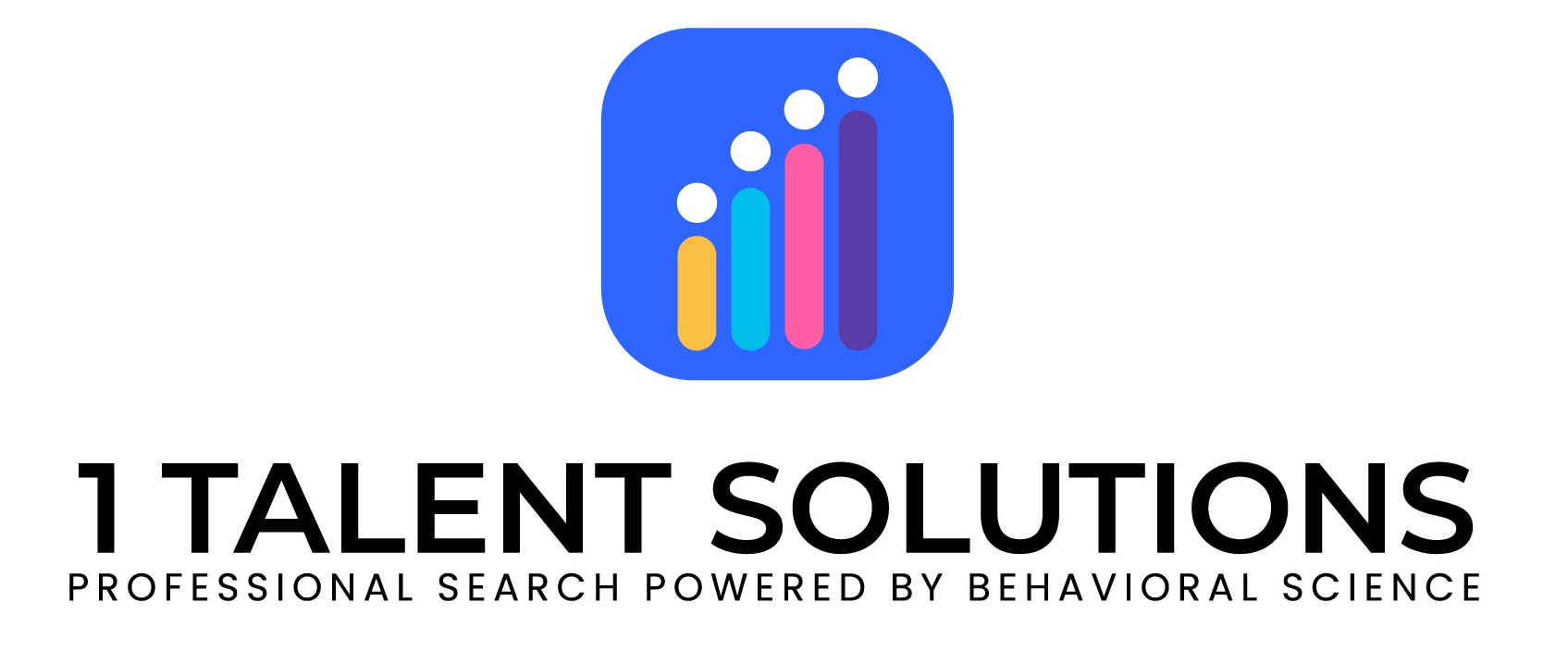In 2024, the average annual employee turnover rate in the United States is trending at approximately 36% according to BLS statistics. Despite that the true cost of a poor hire is estimated to be 5x to 15x the annual salary of that employee, some companies continue use old school interview techniques. For example, many hiring managers are overconfident in their interviewing acumen and use a fly-by-the-seat of the pants conversational approach. Research shows that these types of unstructured interviews predict a minuscule portion of employee performance.
Behavioral Science Can Help
Infusing the recruitment and hiring process with behavioral science is good for companies because it results in more accurate, data-based hiring processes and ultimately better hiring outcomes which foster company bottom-line results.
Behavioral science is the study of human actions, and encompasses multiple disciplines including behaviorism, cognition, and psychology. The tools used in behavioral science—statistics, analytics, convergent validation—can be deployed by smart companies—for improved hiring, on boarding and employee retention.
Common Biases Decrease Smart Hiring
Interview biases are common. Biases may unwittingly influence how interviewers evaluate prospective employees. Some of the more common and pernicious job interview biases include Anchoring Bias, Confirmation Bias, and Halo Bias.
Anchoring bias occurs when interviewers relies too heavily on one piece of information. The “anchor” that limits the interviewers objectivity may be the first piece of information offered by a candidate; all information after the anchor is framed in the positive or negative framework of the anchor.
Confirmation bias happens when interviewers favor information that confirms an existing belief about candidate(s). If the VP of Software Engineering believes that good Software Engineers are usually male, he will favor information confirming his idea when interviewing male and female candidates.
Halo bias is when we take one piece of positive or negative information and it informs how we evaluate all future information. For example, if a candidate has a particularly strong recommendation from a respected source, this may create a positive “halo,” where the candidate is idealized, and the evaluative work of the interview process is truncated—the danger being that you end up hiring a candidate who is not a good fit for your organization, culture and the opening.
Common interview biases undermine sound hiring decisions. How can your organization use behavioral science to avoid common biases that result in hiring mistakes?
Hiring Best Practices
- Map or benchmark the job definition, requirements, knowledge, tasks, et. By creating substantive, concrete definitions of what skills are required succeed, it anchors the assessment of candidates in objective data.
- Implement structured interview processes. A structured interview process is standardized, so all candidates are asked the same questions, questions that evaluate the skills and tasks associated with job success. Standardized interview processes give candidates a fair shake, while protecting your company from any accusations of a biased interview process. Structured interviews enable sound business decisions in hiring.
- Multiple interviewers create a more reliable and valid interview process. Individual interviews also benefit candidates who are given the opportunity to speak with multiple potential coworkers. Having more than one interviewer is an insurance policy against individual bias in the Hiring process.
- Use multiple evaluative hiring tools including: Aptitude tests, tests of skills, cognitive tests, personality tests, as well as reference checks. Multiple data streams creates a more reliable and valid hiring process.
The NFL Combine is an example of a multidimensional hiring process. Candidates (e.g., athletes) are evaluated by their future employers in multiple ways including interviews, agility drills, strength and speed measurements, grading past job performance, as well as cognitive tests such as the Wonderlic. In addition, the candidate/athletes are interviewed by multiple interviewers at different levels of the organization, including scouts, coaches, general managers, etc.
1 Talent Solutions provides recruiting solutions empowered by behavioral science. Call us today to improve hiring outcomes and increase your company’s success: (919) 914-0483.

